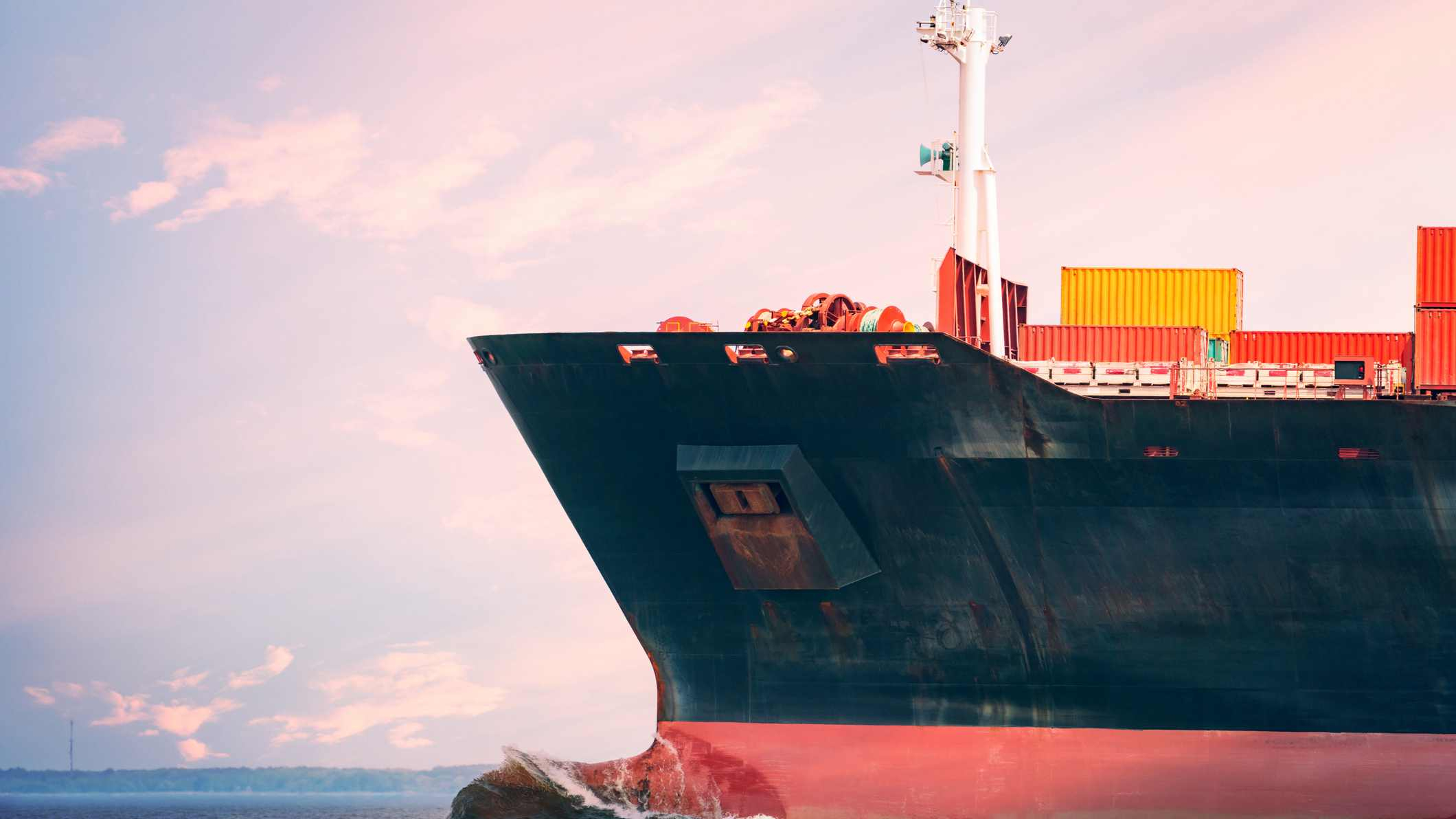
Biz Analysis
15:21, 15-May-2019
Trump's tariff hike on Chinese goods sparks controversy in U.S. media
Wang Wei

Additional tariffs on Chinese imports by the United States to put pressure on China sparked widespread controversy in America. Many U.S. major media observed that ultimately, pressure makes no contribution to China-U.S. trade talks and Americans would pay for the price eventually.
The trade negotiations, which went smoothly by joint efforts of both sides before, ought to be near the end, but reversed thanks to Trump's sudden threats to China of more tariffs ahead of final trade talks.
"Trump accused the Chinese of trying to renege on concessions at the last minute, but the president's history suggests otherwise," said Eugene Robinson, the winner of the Pulitzer Prize for Commentary in 2009 in the Washington Post Monday.
He further pointed out that according to veterans of the high-stakes world of New York real estate, this are the customary tricks of Trump – "pitching some kind of fit at the very last minute, when the other party thought things were settled, in hopes of bullying his way to a better deal."
"That might work with a subcontractor who doesn't have the power to say no, or even with a fellow developer who vows on the spot never to do business with Trump again... Wouldn't the Chinese government have to react in kind, if only as a matter of sovereign pride?" Robinson commented, indicating that such a stunt would not work with China, the world's second greatest economic power.
Robinson claimed, "as he thrashes around like a weak swimmer in a strong current, he has no idea what he's doing. None. Not a clue."
More media outlets highlighted that what Wahington has repeatedly claimed – Beijing has paid an immense amount of tariffs to the United States – turns out to be the very reverse of the truth.
PolitiFact, a U.S.-based Pulitzer Prize-winning fact-checking website, commented on Trump's statement that tariffs are "paid for mostly by China, by the way, not by us" goes totally against the facts. It insisted "China doesn't pay the initial tariffs – U.S. importers do."
The New York Times also published an article titled "Trump's tariffs are a new tax on Americans." It wrote Trump's new tariffs on Chinese imports are "taxes that will be paid by Americans" although the President "continues to repeat the false claim that the money will come from China" for "political gain."
CNBC and other financial media have made a good deal of press coverage over the impact of the latest tariff escalation on certain industries in the United States, which believe that U.S. farmers are set to bear the brunt of the trade frictions. Crop farming and breeding industries will also be damaged.
Myron Brilliant, executive vice president and head of International Affairs at the U.S. Chamber of Commerce, told CNBC in an interview that tariffs are bound to hurt the U.S. economy, adding "threatening each other is not the best way to conduct business."

SITEMAP
Copyright © 2018 CGTN. Beijing ICP prepared NO.16065310-3
Copyright © 2018 CGTN. Beijing ICP prepared NO.16065310-3